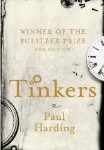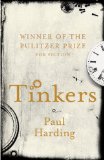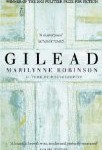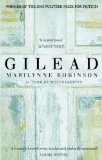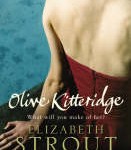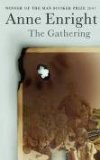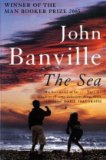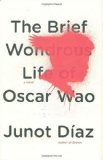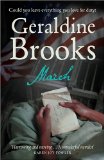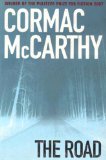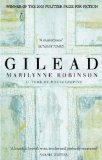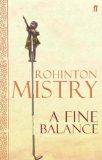Tinkers surprised everyone by winning the Pulitzer Prize earlier this year. It’s a debut novel from a tiny publishing house so few people had heard of it before its Pulitzer win, let alone predicted that it would scoop the biggest prize in American literature. I’m trying to read all the Pulitzer winners, so naturally Tinkers went straight onto my wish list.
Tinkers begins with George Washington Crosby lying in a hospital bed with eight days left to live. He starts to hallucinate and through a series of flashbacks we come to learn about George’s life and his about his father, Howard.
The book is very short (190 well spaced pages) and contains many beautifully written passages, but I think I might have given up on this book had it been any longer. I felt that most of the scenes were over described:
It was a dim, murky scene, lit perhaps by a single candle not visible within the frame, of a table on which lay a silver fish and a dark loaf of bread on a cutting board, a round of ruddy cheese, a bisected orange with both halves arranged with their cross sections facing the viewer, a drinking goblet made of green glass, with a wide spiral stem and what looked like glass buttons fixed around the base of the broad cup. A large part of the cup had been broken and dimly glinting slivers of glass lay around the base. There was a pewter-handled knife on the cutting board, in front of the fish and the loaf. There was also a black rod of some sort, with a white tip, running parallel to the knife.
There were so many lists of objects in this book that I began to laugh whenever I spotted one – not a good sign for a supposedly serious book.
George used to repair clocks and I did learn a few interesting facts about tinkers, but it isn’t the most exciting profession in the world! Numerous quotes from The Reasonable Horologist by the fictioanl Kenner Davenport were sprinkled through the text and I thought that the best quotes from the book all came from these sections.
Chose any hour on the clock. It is possible, then, to conceive that the clock’s purpose is to return the hands to that time, a time which, from the moment chosen, the hands leave and skate across the rest of the clock’s painted signs and calibrations and numbers. These other markings on the face become irrelevant in themselves; they are now simply clues pointing in the direction of the chosen time.
This is one of those books that takes a look at the deeper things in life. If you enjoy slow, thoughtful books then you’ll probably enjoy it, but if you like a book to have some plot then stay away!
Tinkers is receiving very mixed reviews:
….a book to divert but not necessarily to detain. Asylum
I have never read a book like this, and will not forget it. Page247
….a combination of beautiful and flowery writing, with a boring memory based story. Bibliophile by the Sea
Harding’s mastery of language and character are mesmerizing. Nomadreader
